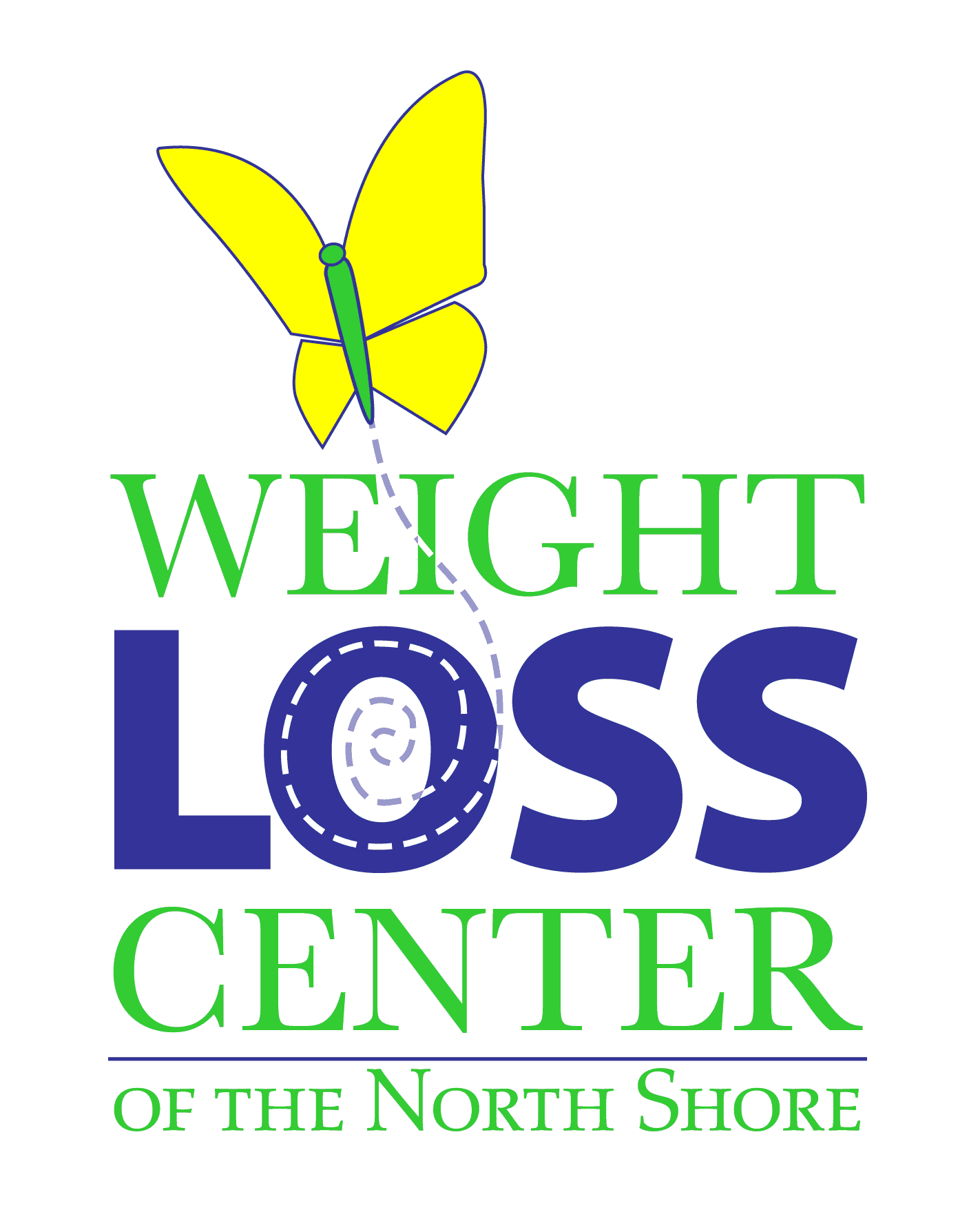Top Weight Loss Trends to Watch for in 2025
As we approach 2025, weight loss is becoming more personalized and sustainable, driven by new scientific insights and technological advancements. This blog explores the top trends to make a difference in your weight loss journey. By embracing these emerging strategies, you can make lasting changes that align with your lifestyle.
The Influence of AI on Weight Loss
Artificial intelligence (AI) is increasingly involved in weight loss, serving as a powerful tool for personalization. AI-driven apps analyze habits, body metrics, and genetics to tailor diet and exercise recommendations and provide personalized feedback. It’s essential to remember that AI is a support tool, not a magic solution. Combining AI-driven tools with expert guidance from a weight loss center ensures a safe and sustainable approach.
Microbiome-Focused Diets
The importance of gut health in weight management is growing. Microbiome-focused diets promoting a healthy gut are expected to be a significant trend in 2025. These diets include fermented foods, fiber-rich vegetables, and prebiotic supplements to support beneficial gut bacteria. Research suggests that a balanced gut microbiome can improve metabolism, reduce inflammation, and help control cravings, making weight management easier. A weight loss center can guide you in integrating microbiome-friendly foods into your diet. Read more about it in our recent blog, “The Role of the Gut Microbiome in Weight Management”
Sustainable, Plant-Based Eating
In 2025, more people will continue to embrace plant-based diets to manage their weight while promoting environmental sustainability. This trend focuses on whole, nutrient-dense foods like fruits, vegetables, legumes, and whole grains that are lower in calories than processed foods. Plant-based diets are high in fiber, which helps with satiety and can reduce overall caloric intake. They are also rich in vitamins, minerals, and antioxidants, which support overall health. Working with a weight loss center can help ensure your plant-based diet is balanced and meets all your nutritional needs.
Mindful Eating and Behavioral Therapies
Consider incorporating mindful eating and behavioral therapies into your weight loss journey. Mindful eating involves being attentive to your body's signals, while behavioral therapies can help address emotional eating and unhealthy habits. Combining these approaches with support from a weight loss center can help foster a healthier relationship with food and promote sustainable weight loss.
Wearable Fitness Technology
Wearable fitness technology continues evolving, offering more accurate insights into physical activity, sleep, and overall health. Devices like smartwatches and fitness trackers now provide data on calorie expenditure, heart rate variability, and sleep patterns, all critical to effective weight management. By tracking your daily movements and habits, wearable technology helps you stay accountable and motivated, enabling you to adjust your activity levels or diet as needed. Partnering with a weight loss center can enhance these insights with professional advice, helping you maximize your fitness data.
Intermittent Fasting and Alternate-Day Fasting
Intermittent fasting (IF) and alternate-day fasting (ADF) remain popular for weight loss in 2025, with increasing scientific support. These methods involve cycling between eating and fasting to reduce caloric intake and promote fat loss. Fasting allows the body to burn fat for energy while eating windows helps regulate metabolism and improve insulin sensitivity and metabolic health. However, consulting with a weight loss center is essential to determine if fasting is right for you and to do it safely and effectively.
Partner with Our Weight Loss Center for Success
As you explore the latest weight loss trends for 2025, remember that successful, lasting weight loss is about more than just following trends. It's about finding what works for your body and your lifestyle. At Weight Loss Center of the North Shore, we specialize in personalized, evidence-based approaches to help you reach your goals safely and sustainably. Contact us today to start your journey and make 2025 the year of real, lasting change!
References:
Kim, H., Caulfield, L. E., Rebholz, C. M. (2021). Plant-based diets and risk of obesity: A systematic review and meta-analysis. The Journal of Nutrition, 151(3), 482–488. https://doi.org/10.1093/jn/nxaa390
Mantzios, M., & Egan, H. (2021). Mindful eating and weight loss: A systematic review and meta-analysis. Obesity Reviews, 22(8), e13254. https://doi.org/10.1111/obr.13254
Rabbi, M., Philyaw-Kotov, M., Lee, J., Mansour, A., Dent, L., & Choudhury, T. (2022). Personalized physical activity coaching using wearable sensors. The Lancet Digital Health, 4(1), e42-e52. https://doi.org/10.1016/S2589-7500(21)00244-1
Stekovic, S., Hofer, S. J., Tripolt, N., Aon, M. A., Royer, P., Pein, L., ... & Madeo, F. (2021). Alternate day fasting improves metabolic health and reduces markers of aging in humans. JAMA Network Open, 4(12), e2125078. https://doi.org/10.1001/jamanetworkopen.2021.25078
Zhou, X., Li, Y., Sun, S., Shi, J., & Wang, Z. (2020). Gut microbiota composition and diversity associated with body weight loss and metabolic improvement in individuals with obesity: A systematic review and meta-analysis. Nature Medicine, 26, 931-942. https://doi.org/10.1038/s41591-020-0898-7
Li, X., Dunn, J., Salins, D., Zhou, G., Zhou, W., Rose, S. M., ... & Snyder, M. P. (2020). Digital health: Tracking physiomes and activity using wearable biosensors reveals useful health-related information. PLOS Biology, 18(1), e3000570. https://doi.org/10.1371/journal.pbio.3000570
